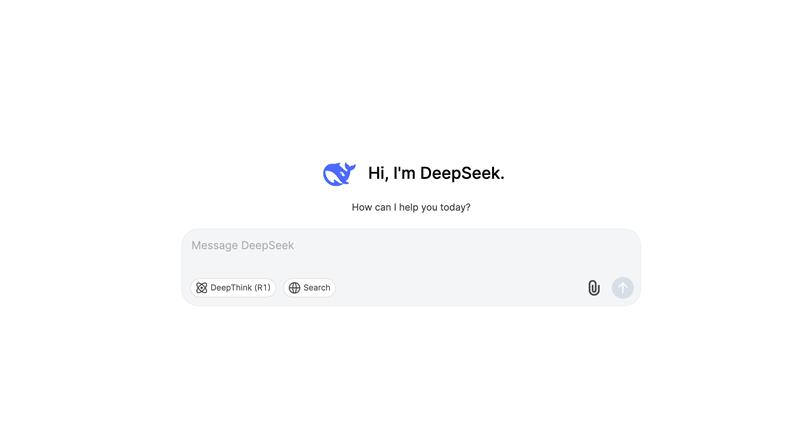DeepSeek, a leaner, faster and cheaper Chinese ChatGPT copycat, is giving Nvidia CEO Jensen Huang nightmares.
Already the top downloaded app on Apple, this AI upstart is raising eyebrows — and torching markets.
Nvidia, Meta, Alphabet and even 2024 power stock darlings like Vistra and Constellation Energy are all bleeding red on Robinhood’s 24/5 trading platform.
Nasdaq 100 futures are down 4% — even before New York has had its morning coffee. It’s a pre-market massacre.
Read more: Why cocoa tasted even sweeter than Nvidia in 2024
Bleeding red
Adding to the chaos, hedge funds have been bailing on the Magnificent 7 for two weeks straight, according to a Goldman Sachs note. Their allocation to these names is down to 15.1% of US market exposure — the lowest since May 2023.
It is a double-edged sword. If DeepSeek proves to be a serious threat, this exodus could spiral into a bigger material reversal for Silicon Valley giants. Big $$$ is already flowing out, and a deeper selloff could leave these companies scrambling.
More than a trillion dollars is set to be wiped out from the Mag 7 stocks, with Nvidia leading the drop falling 14% in pre-market trading.
The DeepSeek panic hasn’t spared crypto either. Majors like Bitcoin, Ether, Solana, and Dogecoin slid 6% to 12%. AI-related tokens, however, took the worst beating: the sector plunged nearly 14%, with $VIRTUALS, a top performer last year, dropping 22% despite its recent Solana expansion.
Read more: Tell me, ChatGPT: Who’s winning the AI race?
The deal with DeepSeek
Backed by Chinese quant hedge fund manager Liang Wenfeng of High-Flyer, DeepSeek is as lean as it gets.
With Nvidia banned from selling its top chips to China, DeepSeek used older models to build its platform. It’s also running on less power, which is why US power stocks that soared on the back of AI-driven energy demand are now cratering.

It took less than $6 million to get this one going (Meta and other big tech companies are spending billions of $$$ on AI development), according to a DeepSeek technical paper. Build time? Two months.
Edison Lee, head of China tech and telecom at Jefferies, highlighted how the return on investment on AI is looking sketchy in the wake of DeepSeek.
Noting how Nvidia alone raked in more than $200 billion in 2024 GPU revenue to support massive AI models, Lee said that model improvements have come at sky-high costs, with little monetization to justify the spending.
But it’s not just DeepSeek making waves — China’s AI ecosystem is flexing. In the past week alone, ByteDance’s Doubao-1.5 Pro and Moonshot’s Kimi k1.5 have joined the fray, highlighting China’s rapid-fire innovation, and rollout, in AI.
Goldman Sachs sees this as a potential turning point. A new wave of competition is brewing between China’s capital-rich internet giants and scrappy startups. With their performance and cost advantages, these AI advancements could accelerate global expansion for Chinese tech giants.
Read more: The man powering crypto AI agent craze thinks it’s about to get wild
So, what now?
It’s clear this is no ordinary disruptor. Sure, it’s untested, and concerns about data security are swirling, but DeepSeek is more than a clever app.
It’s a wake-up call for US dominance in AI and a reminder that you don’t need a blank check to rewrite the rulebook.
For investors, this is a tricky moment. Big Tech’s deep roots in the US economy make these firms too big to fail, so don’t panic sell.
Short-term plays like the ProShares VIX Short-Term Futures ETF ($VIXY) could help navigate this volatility, but these aren’t a long-term thing.
And if you are thinking China, Goldman also points to Tencent and Alibaba as potential beneficiaries — both have stakes in Moonshot.
But, of course, keep an eye on DeepSeek. It’s showing the world how to play the game on a budget.
This is a developing story and will be updated throughout 27 January.
Edited by Ankush Chibber. If you have any tips, ideas or feedback, please get in touch: talk-to-us@moniify.com






